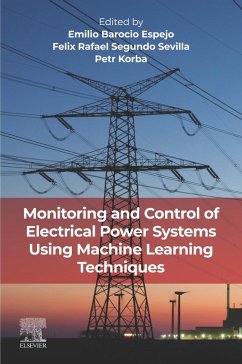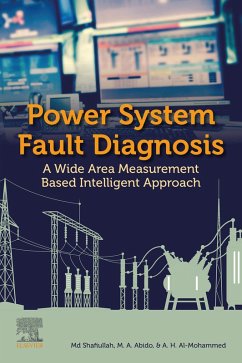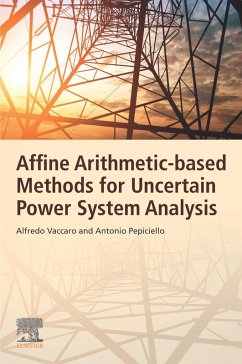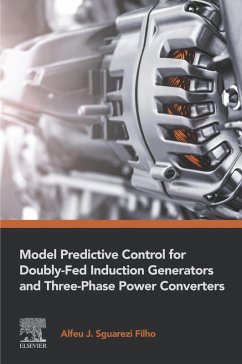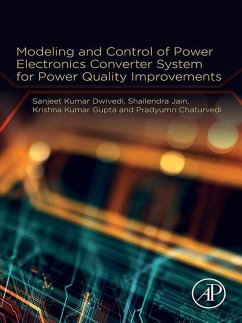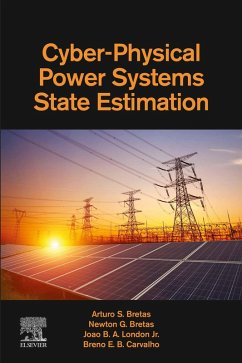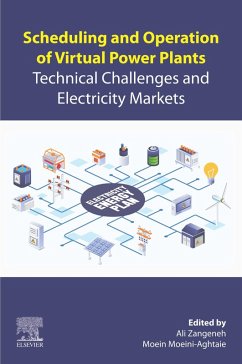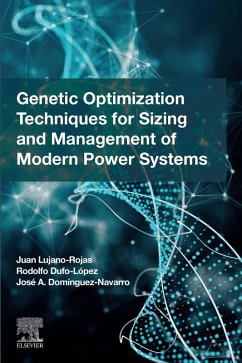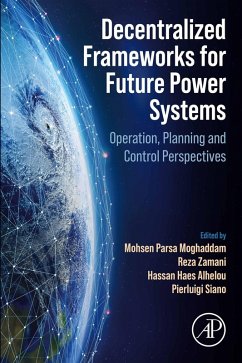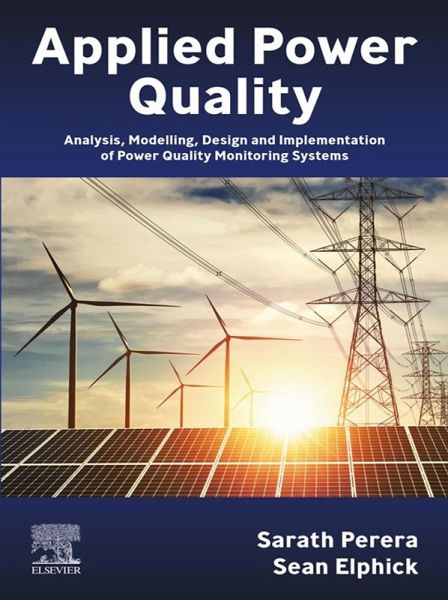
Applied Power Quality (eBook, ePUB)
Analysis, Modelling, Design and Implementation of Power Quality Monitoring Systems
Versandkostenfrei!
Sofort per Download lieferbar
109,95 €
inkl. MwSt.
Weitere Ausgaben:

PAYBACK Punkte
55 °P sammeln!
Applied Power Quality: Analysis, Modelling, Design and Implementation of Power Quality Monitoring Systems is a systematic account of the modern field of power quality as it transforms to reflect changes in generation, loads, management techniques and improvements in monitoring devices and systems. It examines the management of power quality (including those which are emerging) including system planning levels, the emission allocation process and equipment immunity. The work reviews power quality disturbances and their impacts on equipment. It comprehensively assesses current power quality emis...
Applied Power Quality: Analysis, Modelling, Design and Implementation of Power Quality Monitoring Systems is a systematic account of the modern field of power quality as it transforms to reflect changes in generation, loads, management techniques and improvements in monitoring devices and systems. It examines the management of power quality (including those which are emerging) including system planning levels, the emission allocation process and equipment immunity. The work reviews power quality disturbances and their impacts on equipment. It comprehensively assesses current power quality emission and allocation standards, including their application and deficiencies for power quality disturbances across steady state voltage; voltage unbalance; harmonics; voltage fluctuations, flicker and rapid voltage change; and voltage sags. The work reviews how readers may design and implement power quality monitoring schemes including: monitoring instruments; monitoring methodologies; data storage; data analysis and indices; reporting methods including benchmarking; and monitoring standards. It concludes with surveys of the electrical performance of modern equipment including renewable energy devices as it pertains to power quality. In all cases, the book draws on reliable sources of power quality data, measurements and studies (both laboratory and field) that have been undertaken by the Australian Power Quality and Reliability Centre over the past 20 years. - Demonstrates, with real-world case studies, how to design for robustness and to immunize common electrical equipment against power quality problems - Investigates how readers might usefully apply power quality standards to mitigate multiple phenomena, including high frequency harmonics in renewable generators - Addresses the impact of recent and forthcoming renewable energy conversion systems on power quality indices - Discusses the limitations and deficiencies of prevailing power quality standards
Dieser Download kann aus rechtlichen Gründen nur mit Rechnungsadresse in A, B, BG, CY, CZ, D, DK, EW, E, FIN, F, GR, HR, H, IRL, I, LT, L, LR, M, NL, PL, P, R, S, SLO, SK ausgeliefert werden.




